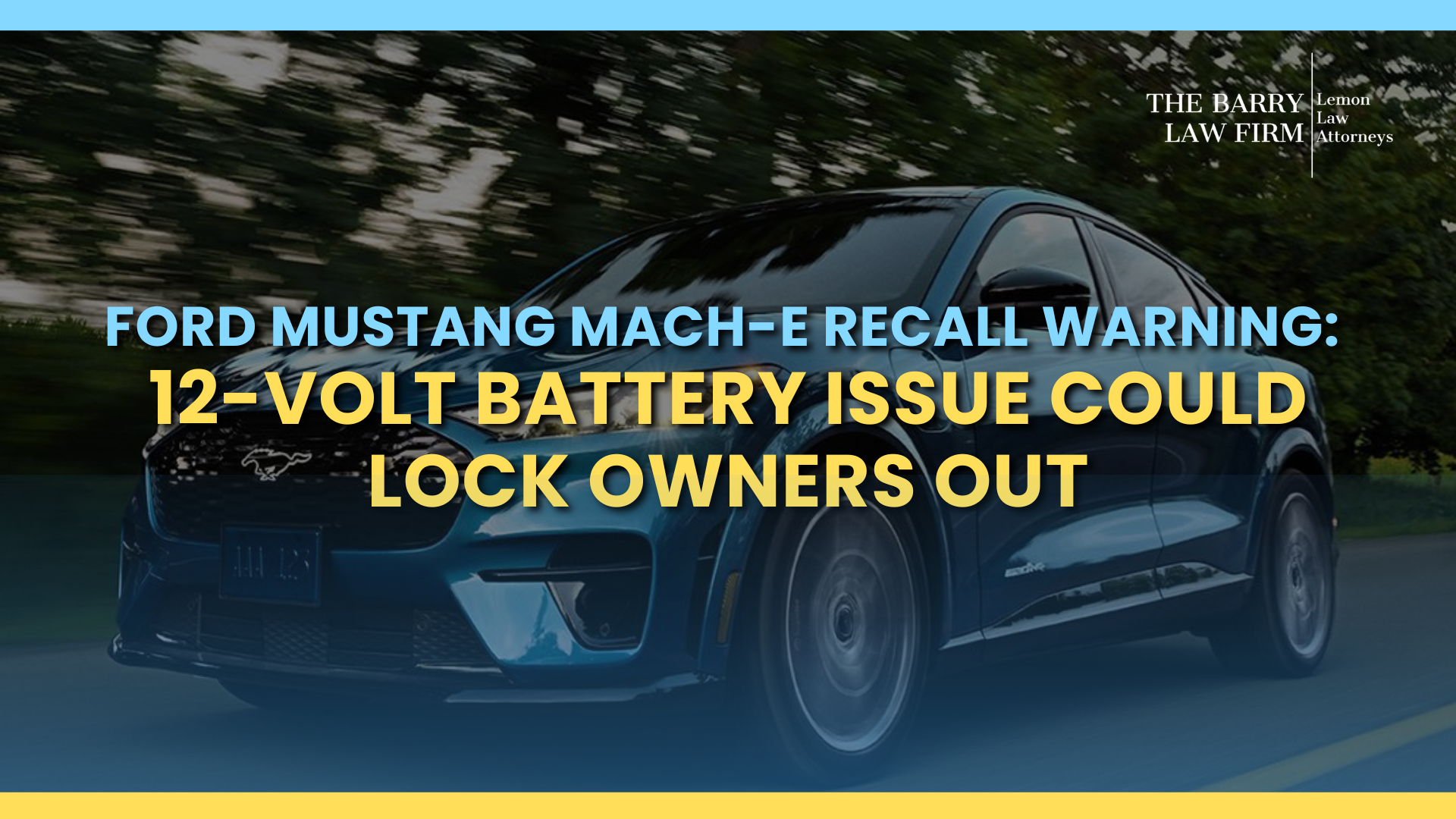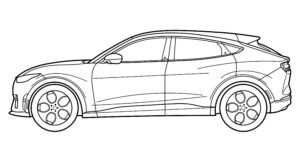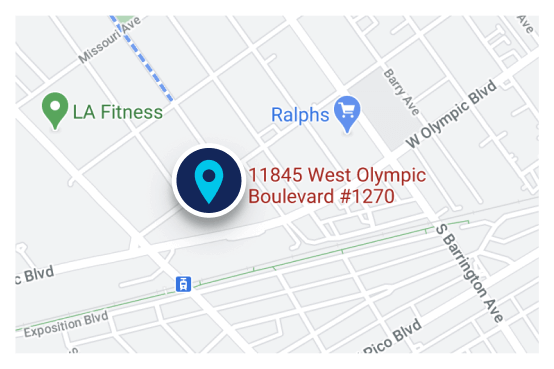
Ford has warned owners of the 2021–2025 Ford Mustang Mach-E about a hazardous “lock-out” situation tied to the vehicle’s 12-volt electrical system. In certain scenarios, if the 12-volt battery loses power while the doors are locked, the doors may stay locked and ignore key-fob commands. Ford has indicated it is planning a recall and expects a software update to address the issue, but until a remedy is delivered, owners should treat any access or locking anomalies as serious. While no injuries have been reported, the possibility of people or pets being trapped inside a parked vehicle raises urgent safety concerns.
This issue also undermines basic usability—if you cannot access your car when you need it, everything from school pick-ups to medical appointments can be thrown into chaos. California drivers in particular face additional risks due to heat exposure and long commutes that often include multiple park-and-lock cycles each day. Even short stops can become stressful if the vehicle unexpectedly refuses to unlock. The situation increases the likelihood of tow bills or damage if emergency access is required, and for many owners, the most frustrating part is unpredictability: a vehicle that performs normally one day but locks you out the next quickly erodes trust. That loss of confidence is precisely why documenting symptoms and seeking timely service matters now, before the recall campaign is finalized.
What’s Going On With the Mustang Mach-E “Lock-Out” Issue?
Modern EVs rely on two distinct power sources: a high-voltage “traction” battery that propels the vehicle and a conventional 12-volt battery that runs everyday body and safety functions like door locks, interior lighting, and control modules. In normal operation, a DC-DC converter draws energy from the traction pack to keep the 12-volt system topped up, even when the vehicle is not actively driving.
If the charge-management software misjudges timing or state of charge, the 12-volt battery can be depleted at precisely the wrong moment, leaving the vehicle unresponsive to remote inputs. Owners have described closing one door, attempting to open another, and discovering that every door remains locked after a sudden 12-volt drop. Because the traction battery is often isolated while the car is parked, a depleted 12-volt system can render the entire vehicle inert from an access standpoint.
Heat, age, and parasitic electrical draws can accelerate the decline of any 12-volt battery, magnifying a software-level problem into a real-world lock-out. Before a complete failure, drivers might notice subtle warning signs like dimming interior lights, intermittent infotainment wake-ups, glitchy telematics, or intermittent “low 12V” style alerts. Some vehicles include interior emergency releases, but their location and ease of use vary, and they may be inaccessible to children or passengers unfamiliar with the cabin.
The net effect is that a relatively small component—the 12-volt battery—controls critical systems that determine whether you can enter, start, or safely use your car. When that component is mismanaged by software, even briefly, the result can be an outsized safety and convenience problem.
Which Ford EVs Are Affected?
Ford’s warning focuses on the 2021–2025 Ford Mustang Mach-E, with the company signaling a pending recall and a software-based remedy expected to correct the behavior that can lead to a lock-out. As of now, Ford has not publicly detailed a final campaign scope by trim, drivetrain, or software build, and owners should not assume inclusion of other Ford EVs unless Ford confirms it.
That said, all Mach-E owners should be vigilant: keep your VIN current in Ford’s owner portal, confirm your contact details with your servicing dealer, and ensure your connected services are active so you receive over-the-air prompts if they become available. Fleet, rental, and rideshare operators with multiple Mach-E vehicles should inventory affected VINs and prepare for staggered update timing as Ford rolls out files in phases.
Owners who have installed aftermarket electronics should be aware those devices can influence 12-volt behavior, but they are not the root cause Ford is targeting. If you experience any unexplained lock-response issues, treat them as potential symptoms and report them immediately, even if they seem intermittent. Until Ford publishes a campaign bulletin with precise eligibility and remedy steps, proactive communication is the best way to avoid delays.
Why This Matters to California Drivers
California conditions make this issue more than an inconvenience; they elevate it into a meaningful safety risk. High temperatures can turn a parked vehicle into a dangerous environment in minutes, particularly in regions like Los Angeles, the Inland Empire, and the Central Valley where summer heat is intense. A sudden lock-out during a quick errand could leave children, older adults, or pets unable to exit if they are waiting inside the cabin.
Urban parking in garages, curbside zones, and valet settings can also complicate rapid access if the vehicle becomes unresponsive. Many California households rely on EVs for daily routines that involve frequent stops, and any unpredictability around unlocking creates stress and lost time. Coastal humidity, mountain cold snaps, and desert heat can all accelerate battery aging, which may aggravate 12-volt vulnerabilities.
For rideshare and delivery drivers, a lock-out can translate directly into lost income and missed commitments. Emergency access sometimes results in window breakage or towing, adding cost and potential warranty friction to an already frustrating situation. When a defect undermines basic access, it also diminishes confidence in the vehicle’s overall reliability and resale value. In short, California drivers expect safety and convenience from an EV that fits into a demanding lifestyle; a lock-out undermines both at once.
What’s the Fix? 
Ford has indicated it expects to resolve the lock-out behavior with a software update that refines how the vehicle monitors and maintains the 12-volt system while parked. Depending on your build and software baseline, the fix may arrive as an over-the-air download or a dealer-installed update. During service visits, dealers may also test the health of your 12-volt battery and replace it under warranty if diagnostics support that step.
In the meantime, owners should link and regularly use the Ford app, confirm connectivity permissions for updates, and promptly schedule service if they experience any locking anomalies. Keep a clear record—dates, mileage, observed symptoms, and screenshots of alerts—because that documentation becomes crucial if problems persist. If a service advisor advises you to wait for an over-the-air remedy, ask them to open a repair order that describes your complaint so your concern is formally logged.
If your vehicle becomes inoperable because of the defect, inquire about towing coverage, loaners, or rental assistance, and ask the dealer to provide expected timelines if parts or update files are in queue. After any update or 12-volt replacement, test door-lock behavior across all doors and the liftgate in different conditions, and note any lingering issues. Avoid leaving children or pets in the vehicle—even briefly—until you have received the remedy and confirmed normal function. If aftermarket electronics are installed, ask your dealer whether any interim settings should be adjusted to minimize parasitic draw while parked. The goal is to close the loop quickly: report, document, update, verify.
Could This Defect Make Your Vehicle a Lemon?
Yes. Under California’s Lemon Law, a vehicle with a substantial defect that persists after a reasonable number of repair attempts during the warranty period may qualify as a lemon, and safety-related defects often require fewer attempts to trigger relief. The law also covers vehicles that spend 30 or more cumulative days out of service for warranty repairs, which can happen when updates are delayed, appointments are backlogged, or parts are constrained.
A lock-out hazard that prevents safe access to occupants and makes routine use unreliable can meet the threshold for a substantial impairment. Documentation is key: repair orders, service dates, mileage, dealer notes, towing records, and screenshots of warnings all strengthen your position. Outcomes may include repurchase (buyback), replacement, or a cash-and-keep settlement to account for diminished value, and we help ensure any mileage offset is calculated correctly.
A recall does not cancel your rights; in many cases, it supports your claim if the remedy is slow, ineffective, or repeatedly fails. Leased vehicles and many used vehicles still under factory warranty can also qualify, and arbitration is not a prerequisite to explore your options with counsel. If you have already returned to the dealership multiple times for 12-volt or locking issues—or if you have experienced extended time without your Mach-E—you should consider a legal evaluation now rather than waiting for another failure. The law is designed to protect consumers in exactly these circumstances.
How The Barry Law Firm Can Help
- Lemon Law Expertise – We specialize in California Lemon Law cases and know how to hold manufacturers accountable.
- No Upfront Costs – The California Lemon Law requires the manufacturer to pay our fees. That means, at The Barry Law Firm, we will never charge you, no matter the outcome of your case.
- Proven Success – We have helped thousands of consumers obtain favorable settlements for their defective vehicles.
- Personalized Attention – We handle all legal paperwork and negotiations so you don’t have to deal with the stress.
- If Ford’s dealership or recall fix hasn’t resolved your Ford Mustang Mach-E lock-out/12-volt defect, you may have a case. Contact us to explore your options.
Conclusion
The Mach-E lock-out problem is not a small nuisance; it is a real safety vulnerability that can escalate in minutes if occupants are inside or if urgent access is needed. Ford’s anticipated software remedy is a step in the right direction, but owners should take symptoms seriously and act quickly to document and address them. California’s Lemon Law exists for situations where repeated defects undermine safety, reliability, and basic use, and a vehicle that cannot be accessed or trusted to unlock crosses that line.
If you have visited the dealer more than once for 12-volt or locking issues, or if your vehicle has been out of service for extended periods, your rights may already be implicated. Do not rely on verbal assurances alone; insist on written repair orders and clear notes about findings and next steps. Save every communication, tow record, and alert screenshot so there is no ambiguity about what happened and when.
After any update or repair, verify normal locking and unlocking behavior in multiple scenarios and continue to log anything unusual. If the behavior returns, report it immediately to create a continuous record of the defect. You are not required to accept an ongoing safety risk or a cycle of inconclusive repairs. Contact The Barry Law Firm for a FREE consultation—we will review your records, explain your options, and pursue the outcome you deserve so you can get back to safe, reliable driving.



